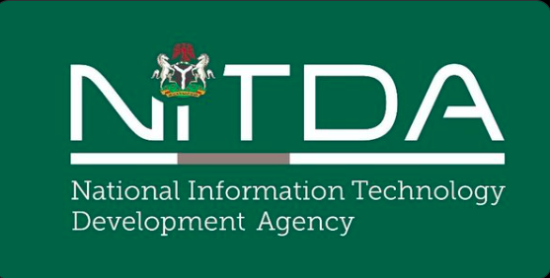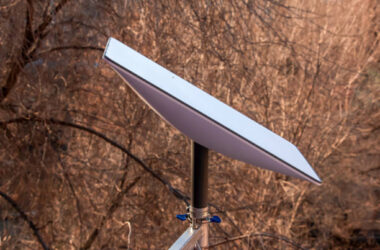The Nigerian president has directed the National Information and Technology Development Agency (NITDA) to create a Code of Practice for Interactive Computer Service Platforms/Internet Intermediaries (online platforms).
The document was created in alliance with Nigerian Communications Commission (NCC) and National Broadcasting Commission (NBC), with inputs from Interactive Computer Service Platforms such as Twitter, Facebook, WhatsApp, Instagram, Google, and Tik Tok, among others.
According to a statement signed by NITDA Head of Corporate Affairs and External Relationships, Hadiza Umar, the Code of Practice aims to protect the fundamental human rights of Nigerians and non-Nigerians living in the country and define guidelines for interacting in the digital ecosystem.
In addition, NITDA claimed that the new global reality is that the activities conducted on these online platforms wield significant influence over the society, social interaction, and economic choices, “hence, the Code of Practice is an intervention to recalibrate the relationship of online platforms with Nigerians to maximize mutual benefits for our nation while promoting a sustainable digital economy.”
A Summary Of the Draft Code of Practice
The draft code is divided into five sections; the first and second sections talk about the responsibilities of Interactive Computer Service Platforms, while the fifth section is on Prohibitions, emphasizing removing material prohibited by the Nigerian Law.
According to the draft, “Prohibited Material” includes anything that threatens the public interest, order, security, peace, and morality content and must be taken down within 24 hours.
NITDA Core Responsibilities
- Abide by Nigerian laws,
- Provide a dedicated channel for government agencies to lodge complaints,
- The right to Remove any content reported by government agencies within 24 hours,
- Disclose the identities of reported creators to the Nigerian government,
- Immediately remove non-consensual sexual content.
According to the second section of the code draft, Interactive Computer Service Platforms in Nigeria will be required to file annual compliance reports detailing the numbers of [active] registered Nigerian users, deactivated accounts, and removed content, among other things.
Furthermore, NITDA says all Interactive Computer Service Platforms with more than 100,000 users would be required to fulfill certain conditions to operate in the country. This includes US-based social media platforms, indigenous sites like Nairaland, blogs like Linda Ikeji.
These platforms are also required to register as legal entities with the country’s Corporate Affairs Commission (CAC), pay taxes, appoint country representatives, and, more notably, “provide information to the Nigerian government on harmful accounts, troll groups, and deleting all information that violates Nigerian law.”
To Sum it up, NITDA says the Code Of Practice is in line with international best practices as obtainable in democratic nations such as the United States, United Kingdom, European Union, and United Nations.
As a result, It is difficult not to wonder what this means for the 2023 presidential election. Is this in any way connected to social media’s role in the End Sars protest?
Join the conversation; follow us on Facebook, Instagram, and Twitter at GoSpeedHub.
Image Source – NITDA









